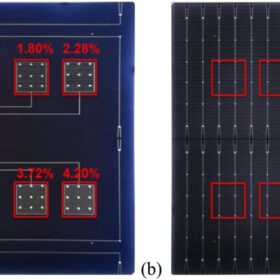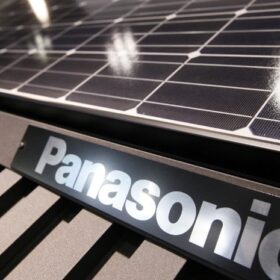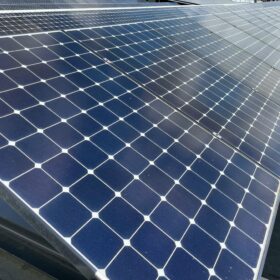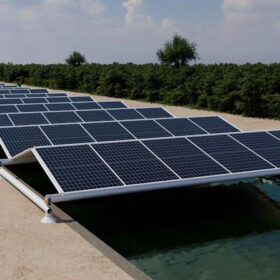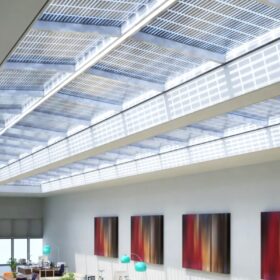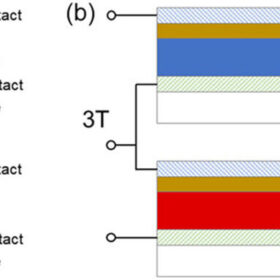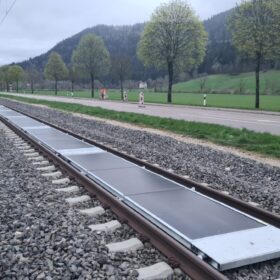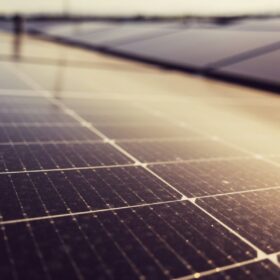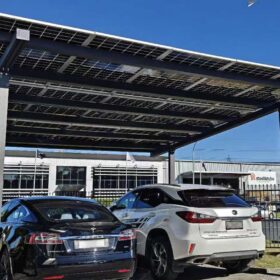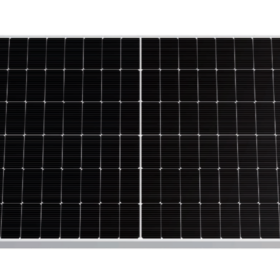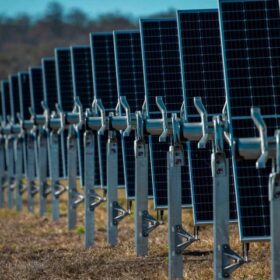Jolywood’s laser-assisted firing process increases TOPCon solar cell efficiency by 0.6%, says UNSW research
New research from the University of New South Wales have found that the Special Injected Metallisation (JSIM) technique developed by Chinese manufacturer Jolywood can considerably increase TOPCon solar cell efficiency. The scientists described precisely how laser-assisted firing enhances cell performance, reportedly filling critical gaps in industrial TOPCon cell optimisation.
Panasonic exits solar and battery storage
Panasonic has told its installation partners that it will no longer produce products for the residential solar and storage markets but will continue to offer warranty and installation support for existing and ongoing projects.
University researchers develop passive solar module cooling method
Researchers in Iran developed a passive solar module cooling method using silicon carbide porous ceramic. When combined with phase change materials, the technique reportedly boosts panel performance by up to 7.4%.
Green Energy Systems Solar Waves to be included in California solar canal pilot
Sydney-based Green Energy Systems and its innovative Solar Waves system are to be included for trial as part of Project Nexus, California’s first solar canal pilot project, currently underway in California’s Central Valley.
World Bank build marks debut of ClearVue solar skylights
Western Australia-headquartered ClearVue Technologies has signed its first commercial order for Africa with its solar energy-generating skylights to be integrated into a new World Bank building in Nigeria.
Top-cell transparency remains critical challenge for tandem solar cells
New research has shown how improving top-cell transparency and performance remains key to the commercialization of tandem perovskite-silicon solar cells, as well as for all other types of tandem devices. The analysis demonstrated, in particular, that the top cell must achieve higher single-cell efficiency to compensate for reduced transparency.
Sun-Ways inaugurates removable PV plant on railway tracks
Swiss startup Sun-Ways says it has activated what it calls the world’s first removable solar plant on active rail tracks, with passenger trains set to operate over the 18 kW installation from today.
Sydney researchers develop new approaches to PV circular economy
Researchers at two Sydney universities have developed 24 new ways of evaluating the circular economy of PV modules to identify the merits of various strategies based on current and future energy, materials and silver use.
Solar carport serves as alternative for rooftop PV
GoodWe BIPV has identified new applications for its Vela residential solar carport with the modular unit gaining traction in rural and small commercial settings as an alternative to ground-mounted and rooftop PV systems.
Gautam Solar presents 23.69%-efficient 640 W TOPCon solar module
The Indian manufacturer said its new TOPCon solar panel is based on rectangular bifacial solar cells and is certified by the Bureau of Indian Standards.
